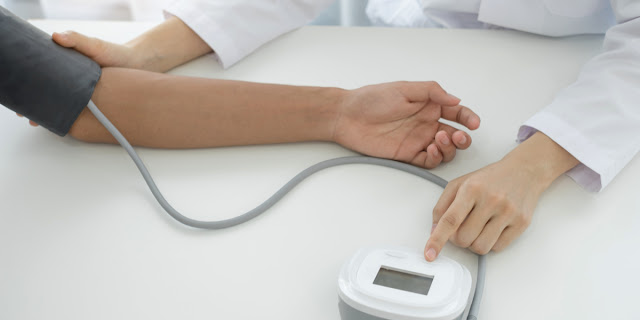How Often Should You Have a Health Check-Up?
 |
| How Often Should You Have a Health Check-Up? |
It’s better to prevent any illness than having to take extreme measures in treating it. That’s why regular checkups have been termed so essential. Routinely evaluating your risk factors for various medical conditions like that of screening for cancer and other diseases not only helps in assessing your lifestyle habits but also helps you in staying healthy—all the while reducing your risk of chronic or life-threatening illnesses. More and more people worldwide have been educating themselves regarding the advantages and importance of health checks.
How often should adults consult a doctor for having a health checkup?
The recommendations regarding the frequency of routine checkups concerning Health Check Morden are based on factors like one's age, risk factors, and current health status. Opinions may slightly vary, but the routine checkups with your doctor are generally recommended as stated as below:
- Once every three years (provided that you’re under 50 and in good health and shape.)
- Once a year after you turn 50. If you have a chronic disease, like diabetes, your doctor visits should be made more frequent, no matter how old you get.
- Always listen to your doctors. They may imply a lesser period between your checkups. This is mainly based on your risk factors, clinical evaluation, screening test results, and current health status.
What comes in a health check-up?
It is a common question as to What Does health Checkup Involve? Following are some of the most common tests that are performed in full-body screening:
- Blood and urine tests
- Lipid Profile Test
- Abdominal Check: Ultrasonography of abdomen & pelvis
- Thyroid Function Tests: TSH, T3, T4
- cardiac system: Chest X-Ray, ECG & 2D EchoCardiography
- Vitamin Check
- Kidney Function: Blood Urea, Uric Acid, Serum Creatinine
- Liver Function tests: SGPT, SGOT, Serum Bilirubin
- Pulmonary Lung Function tests
- Diabetes tests: Blood Sugar Fasting, Blood Sugar PP
- Hepatitis B tests
- CT Calcium Scoring
- Total body fat percentage
- Eye Checkup
- PSA
- CT Coronary Angiography (Heart)
- CT Screening of Neck Vessels (Carotid)
- Bone Mineral Densitometry (BMD)
- Sono-mammography & Pap smear


Comments
Post a Comment